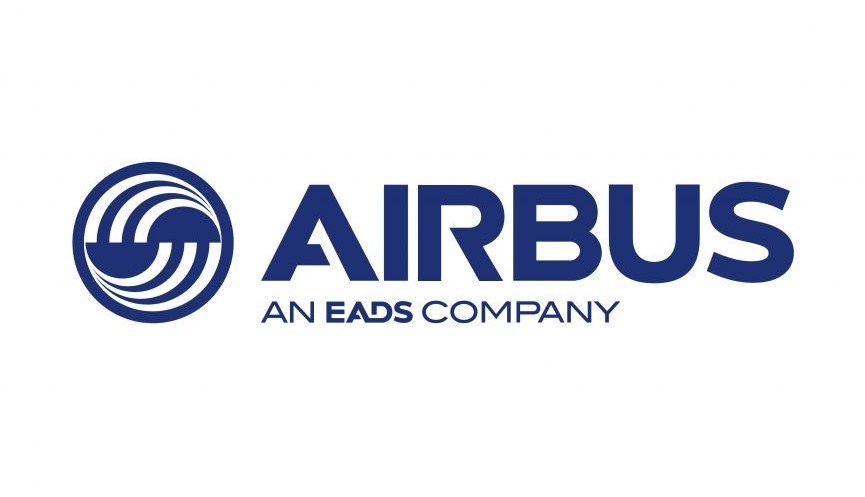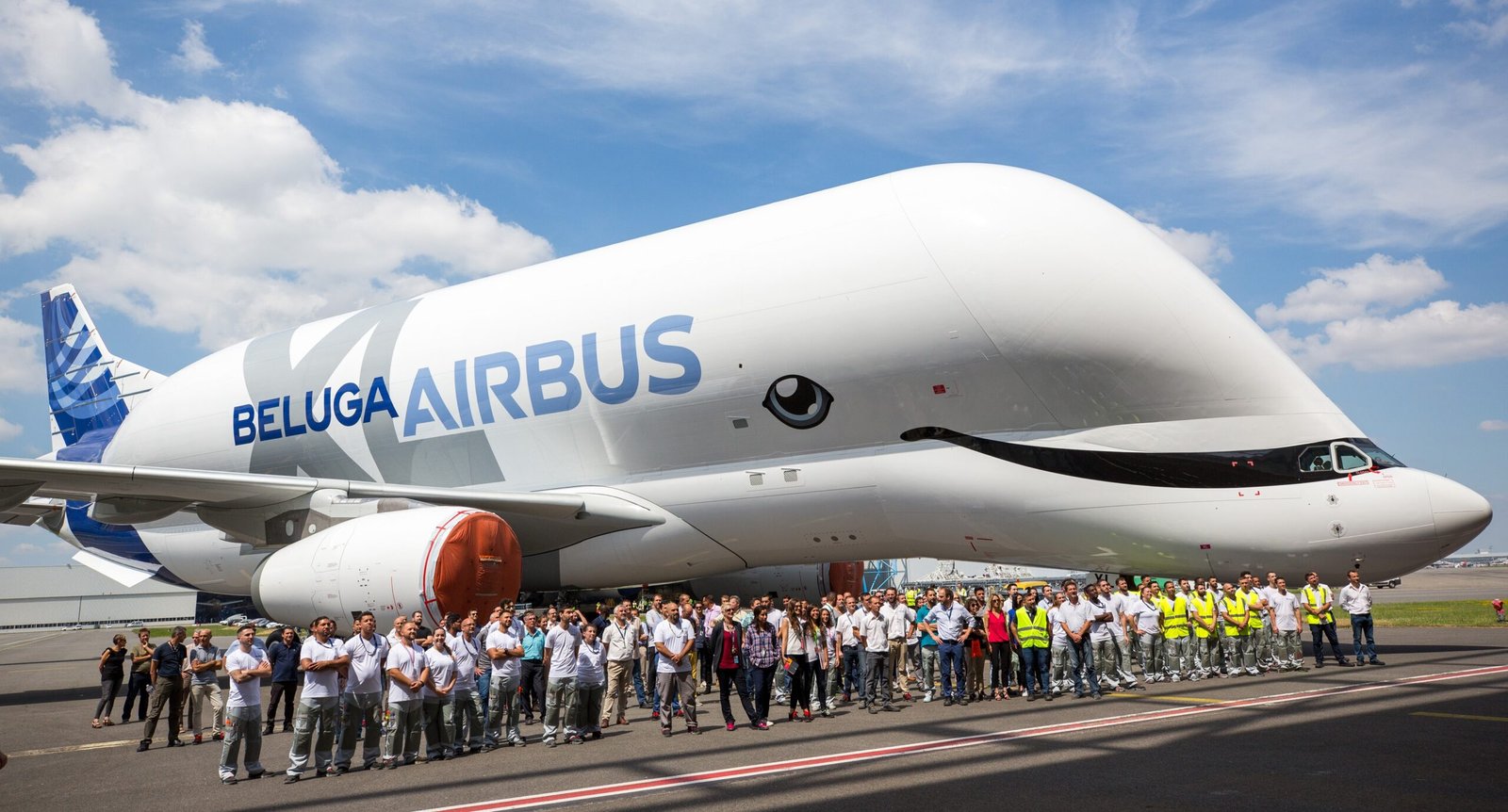Marketing Strategy of Airbus – Airbus Marketing Strategy: The world’s largest aircraft manufacturer is the most renowned maker and creator of aircraft that caters to nations around the world. With 11 production locations around the world, It has become the most dominant company in the aviation sector, making air transport effortless and secure.
Airbus is a European multinational that specializes in defense, aerospace as well as civil aviation. At present, it employs over 1,40,000 people in its diverse businesses across the world.
Airbus At A Glance – Marketing Strategy of Airbus
Contents
- 1 Airbus At A Glance – Marketing Strategy of Airbus
- 2 Airbus Competitors
- 3 Marketing Strategy of Airbus
- 4 Segmentation, Targeting, Positioning – Airbus Marketing Strategy
- 5 Airbus Mission Statement
- 6 Airbus Vision Statement
- 7 Airbus Tagline
- 8 Competitive Advantage – Marketing Strategy of NIVEA
- 9 BCG Matrix – NIVEA Marketing Strategy
- 10 Distribution Strategy – Marketing Strategy of Airbus
- 11 Brand equity – Airbus Marketing Strategy
- 12 Competitive Analysis – Airbus Marketing Strategy
- 13 Market Analysis – Marketing Strategy of Airbus
- 14 Customer Analysis – Airbus Marketing Strategy
[wp-svg-icons icon=”office” wrap=”I”] Company: Airbus Group
[wp-svg-icons icon=”user” wrap=”I”] CEO: Guillaume Faury
[wp-svg-icons icon=”user” wrap=”I”] Founder: Franz Josef Strauss | Bernard Lathière | Roger Béteille | Henri Ziegler | Felix Kracht
[wp-svg-icons icon=”calendar” wrap=”I”] Year founded: 18 December 1970, Blagnac, France
[wp-svg-icons icon=”location-2″ wrap=”I”] Headquarters: Leiden, Netherlands
[wp-svg-icons icon=”stats” wrap=”I”] Annual Revenue: Euro€52.15 billion
[wp-svg-icons icon=”bars” wrap=”i”] Profit | Net income: Euro€5.34 billion
[wp-svg-icons icon=”users” wrap=”I”] Number of employees: 126,495
[wp-svg-icons icon=”pie” wrap=”i”] Products & Services: Manufacturing and Delivering Aerospace Products, Services, and Solutions to Customers on a worldwide scale
[wp-svg-icons icon=”globe” wrap=”I”] Website: www.airbus.com
Airbus Competitors
[wp-svg-icons icon=”pacman” wrap=”I”] Competitors: Gulfstream Aerospace | Lockheed Martin | General Dynamics | Boeing and Bombardier, Inc.
Airbus Fun Facts: Airbus worldwide is all about innovation. The engineers at Airbus are nonstop in trying to improve their products or in trying to come up with new products altogether. The company is simply nonstop. This is the reason why the company currently has 37,000 patents worldwide.
Marketing Strategy of Airbus
Airbus’s Marketing Strategy covers various aspects of the business right from segmentation and targeting to the overall mission and vision of the company and the various parameters which the company executes to become the top brand that it has in the market. So what is the Marketing Strategy of Airbus? Let’s discuss this.
Segmentation, Targeting, Positioning – Airbus Marketing Strategy
It employs a combination of diverse strategies for segmentation including demographic, geographic as well as psychological strategies to meet the needs of customers from different countries.
A selective target technique is utilized by Airbus because its various aircraft are designed to serve various types of customers.
It has established itself as an airline carrier that provides low-cost aircraft that are technically advanced, stylishly constructed, safe and safe, and provide the necessary services.
Airbus Mission Statement
“To meet the needs of airlines and operators by producing the most modern and comprehensive aircraft family on the market, complemented by the highest standard of product support”
Airbus Vision Statement
“To create a better connected, safer, and more prosperous world”
Airbus Tagline
“Making Flight possible”
Competitive Advantage – Marketing Strategy of NIVEA
Innovation and research as well as development: It is the holder of over 3700 patents (data from 2015) worldwide, and has invested 2702 million Euros in 2015, which is 1.3 percent more than in 2014. In 2015, it launched Biz labs that speed the transformation of innovative concepts to businesses’ business value-added propositions.
A strong presence in the meta-market products The Airbus group is involved with Aircraft, Helicopter, and space technology business segments that aid the company to leverage technological advances and integrate them into the interconnected companies.
BCG Matrix – NIVEA Marketing Strategy
The group is primarily involved in three business areas:
The Airbus is a passenger airline that includes planes with a range of 100 to over 600 seats. It is featured in the BCG matrix since it is the primary segment of the company and generates 70% or more of revenues (45,854 million euros out of 64450 Euros in the year 2015).
Airbus Defence & Space: It is one of the top 10 suppliers of space and defense aircraft and 2 2nd largest in the space industry globally, generating revenues of 20% from the overall company of the group, and hence is featured within BCG’s BCG matrix.
Airbus Helicopters: This segment is a niche that offers an up-to-date range of helicopters for civil and military rotorcraft. This division of Airbus is prominently featured in the BCG list since it is the world’s leader in this.
Distribution Strategy – Marketing Strategy of Airbus
The biggest aerospace manufacturer with a presence in over 175 different countries and collaborating in partnership with over 12000 companies worldwide has assisted the company in receiving 16,761 contracts, including 815 A300/310 aircraft as well as 12,000+ aircraft from the A320 A330/340/350 XWB, and 319 A380s from the aircraft in the world (2016 information).
Brand equity – Airbus Marketing Strategy
The company has a 57 percent market share in the field it is a service provider for all airlines around the world, which has assisted the company in expanding its reach as well as diversifying its business into interconnected products like military Helicopters and aeronautics-related products and services.
Competitive Analysis – Airbus Marketing Strategy
Being within meta and meta markets and product groups has assisted the company to increase its revenues by 6.4 percent in 2015, to 64.5 billion euros, but it has also helped in its rise as a major player. It’s the 2 2nd largest space-related company and is ranked the number 10, Defence Company & world’s no. 1 in helicopter manufacturing company.
It is competing with companies such as Boeing, Bombardier, Sukhoi, etc. in the capital high market.
Market Analysis – Marketing Strategy of Airbus
Changes in way of life and increasing economic activities between emerging nations, the government’s regulations as well as the increase in migrations of people cargo and stability in the political environment. The growing demands for air travel in the commercial aviation market are just a few aspects that influence the aviation market.
Of the many nations around the world, China and India are the top two. 2nd and the 4 fourth most important markets in terms of (ADV) values for aircraft delivery.
Customer Analysis – Airbus Marketing Strategy
Airbus’ customers Airbus vary from Airline businesses to the defense departments of different nations to space and research institutions with distinct requirements and Airbus provides them with customized aircraft and support for the technology.
You May Also Like:
- HSBC Bank Marketing Strategy – Marketing Strategy of HSBC Bank
- Levis Strauss & Co. Marketing Strategy – Marketing Strategy of Levis Strauss & Co.
- Jaguar Marketing Strategy – Marketing Strategy of Jaguar
- Ariel Marketing Strategy – Marketing Strategy of Ariel
- Panasonic Marketing Strategy – Marketing Strategy of Panasonic
- Chevron Corporation Marketing Strategy – Marketing Strategy of Chevron Corporation
This is the Marketing Strategy of Airbus. Please let us know if you have additional suggestions to add.
[wp-svg-icons icon=”bubbles” wrap=”i”] Let us know What do you think? Did you find the article interesting?
Write about your experiences and thoughts in the comments below.

